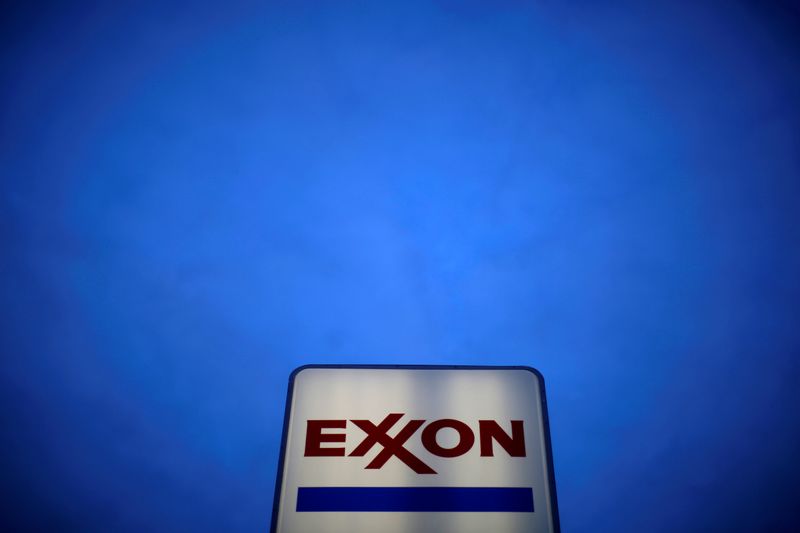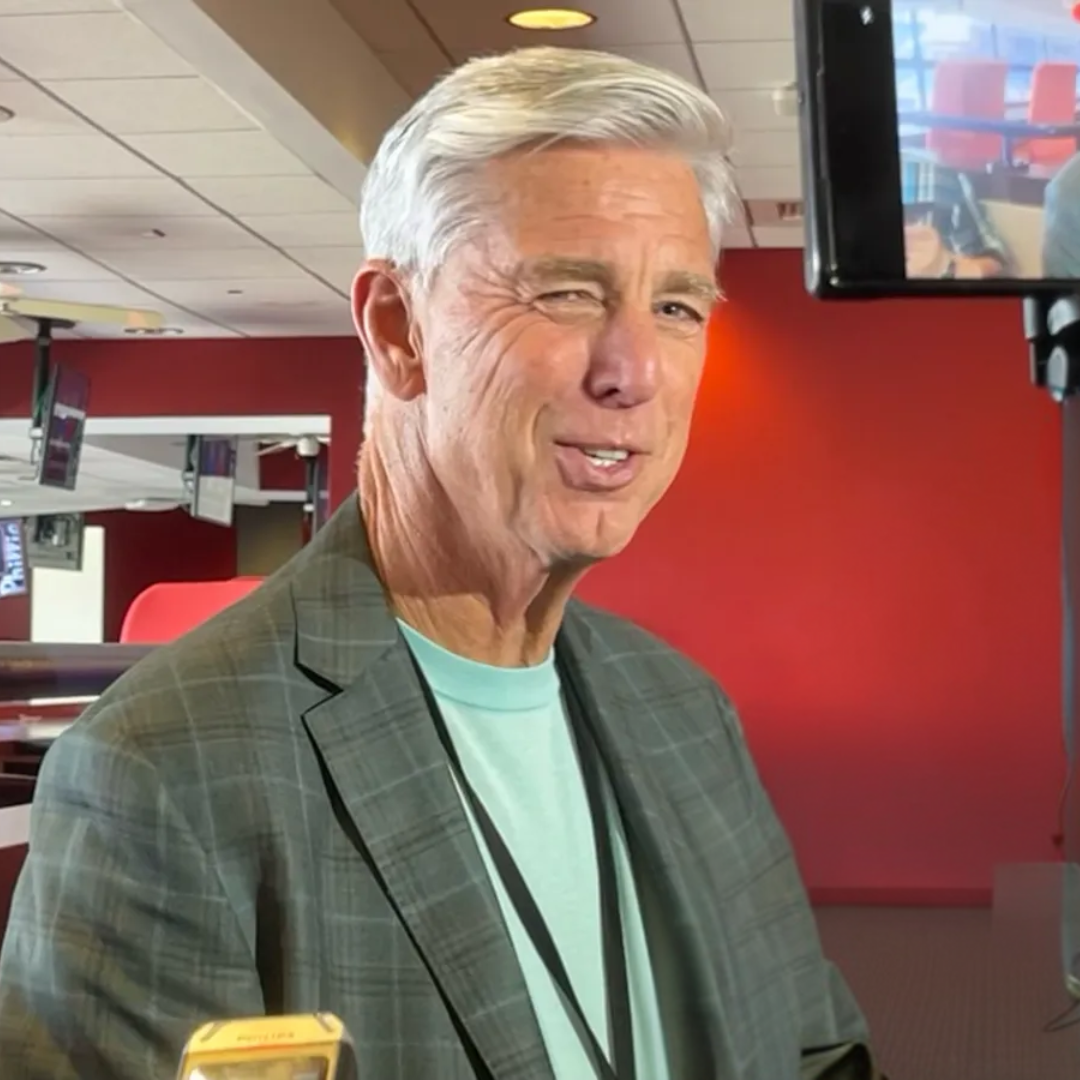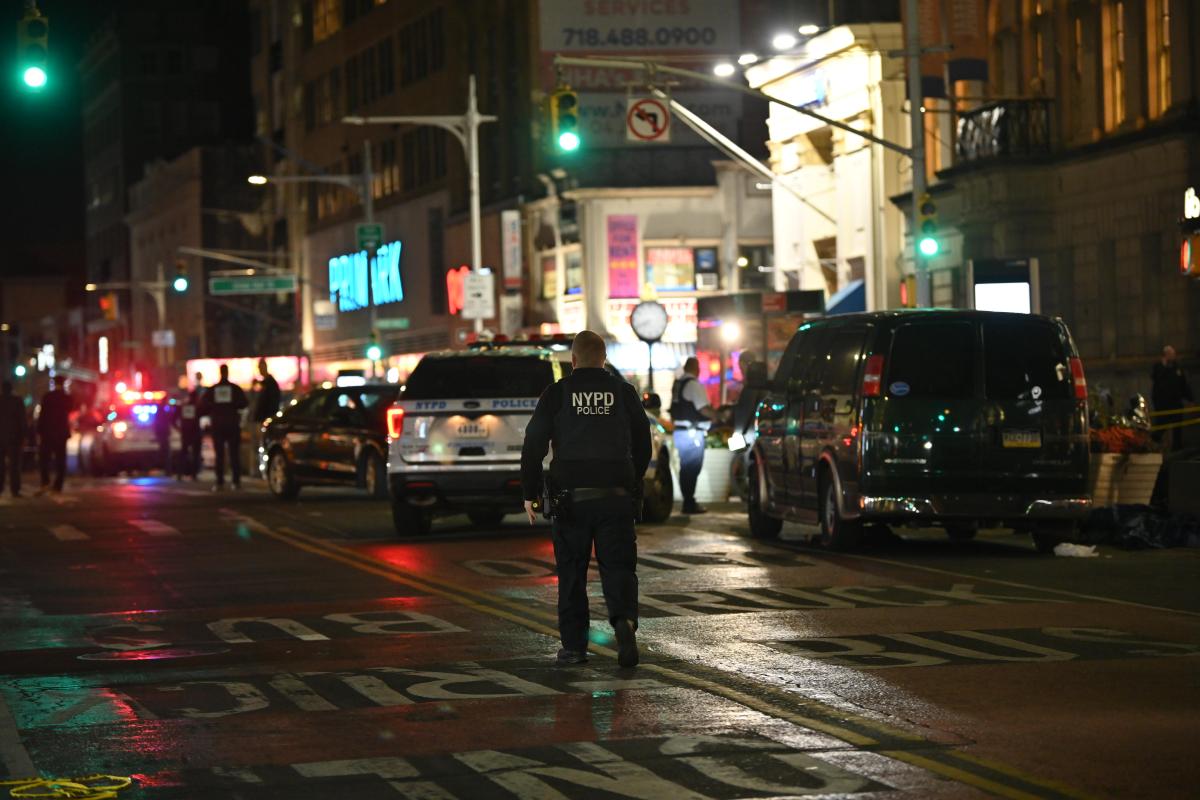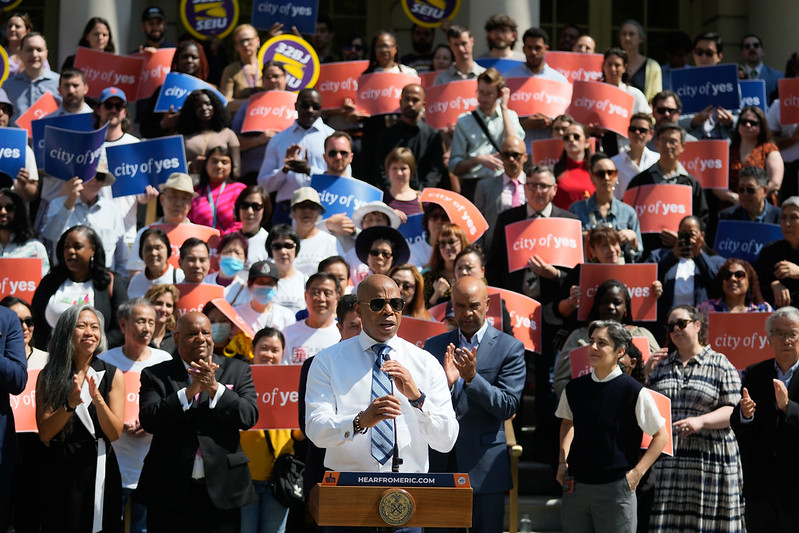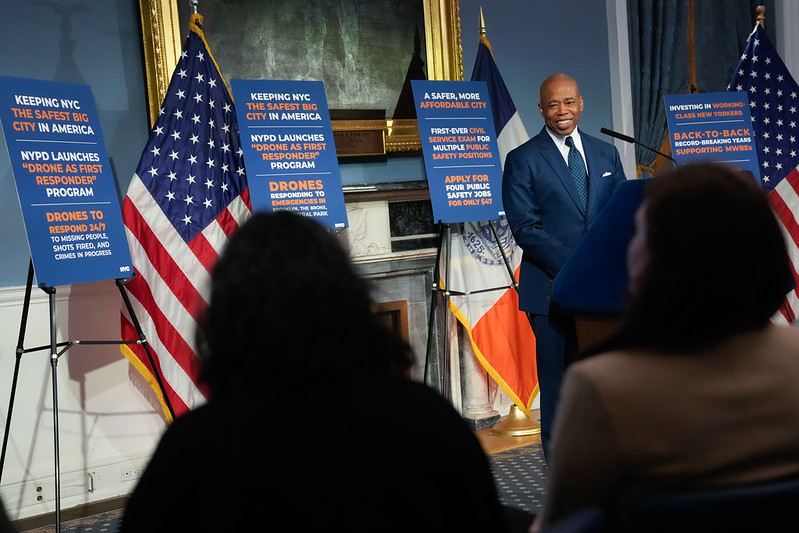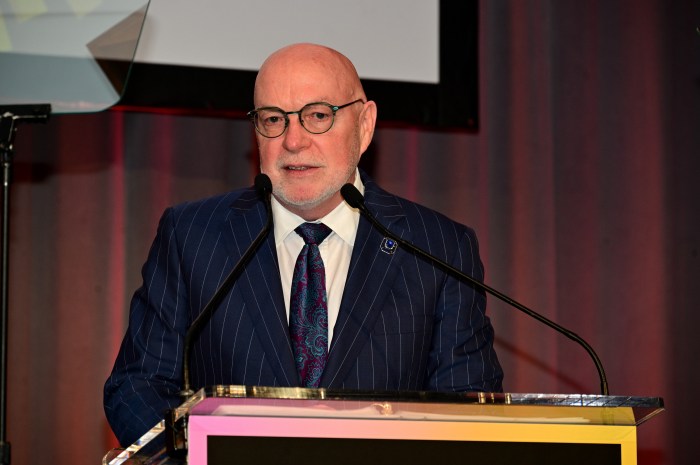(Reuters) -Exxon Mobil Corp’s XTO Energy shale unit filed a breach of contract lawsuit against Energy Transfer LP over disputed payments for the Dakota Access Pipeline, according to a Texas state court filing.
The suit alleges the pipeline operator hit XTO with deficiency charges and revoked other credits after the oil producer shifted some oil to other outlets last August. Exxon took the actions after a U.S. court ordered Dakota Access Pipeline (DAPL) shut, it said.
Exxon asked a state court in Houston last week to award it damages exceeding $1 million, a return of its revoked credits, attorneys fees and other costs.
Energy Transfer and Exxon both declined to comment.
In July 2020, a U.S. District Court suddenly ordered the crude pipeline with a capacity of about 570,000 barrels per day to be shut and gave Energy Transfer 30 days to empty the line, prompting Exxon to scramble to find other ways to move its oil. DAPL is the main artery for shipping crude from North Dakota’s Bakken oilfield.
Exxon lined up alternatives that were dwindling “by the hour” as other DAPL shippers sought outlets, and to avoid violating a potential court order, it told the court.
At about that time, a U.S. Gulf Coast hurricane forced Exxon’s Beaumont oil refinery offline, prompting it to declare force majeure on pipeline volumes over four days. Energy Transfer rejected Exxon’s force majeure claim.
The refinery is a major consumer of Exxon’s DAPL oil.
Shortly after the DAPL shutdown, an appeals court reversed the decision, allowing the pipeline to temporarily continue operations. By then, Exxon had shifted 40% of its promised DAPL volumes to other suppliers, according to the lawsuit.
A federal court hearing is set for Friday on whether the pipeline can continue to operate without a crucial permit while the U.S. Army Corps of Engineers conducts an environmental review of line.
(Reporting by Liz Hampton; Editing by David Gregorio and Christopher Cushing)

